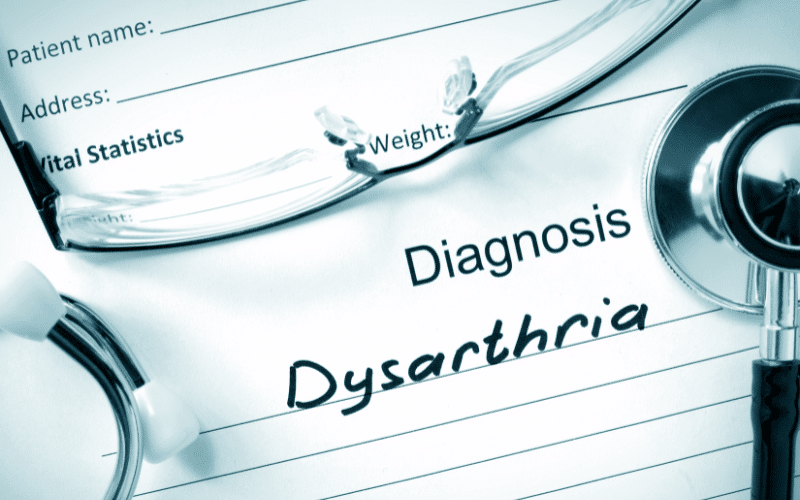6. Speech Impairments: The Silenced Voices of HD

The conversation around HD wouldn’t be complete without addressing speech impairments, a symptom that transforms communication from a natural process into a challenging endeavor. As HD progresses, it often brings along difficulties in speech, or dysarthria, affecting the clarity and pace of verbal communication.
HD-associated dysarthria typically presents as a slow, slurred speech, often punctuated with sudden, rapid bursts of words. It might begin as a mild impediment, such as occasional stuttering or a slight slur in words, but these subtle changes can gradually escalate, significantly impacting an individual’s ability to communicate effectively.
But the challenges don’t stop at slowed or slurred speech. The variability of speech rate, interspersed with erratic pauses, further complicates the verbal communication landscape for individuals with HD. It’s a verbal obstacle course, where each word might need to be painstakingly navigated.
This symptom, however, extends beyond the realm of physical difficulties. As speech impairments progress, they can lead to a sense of frustration and isolation, as the affected individuals struggle to express themselves or be understood. Communication, a basic human necessity, becomes a source of stress, exacerbating the emotional toll of HD. (6)